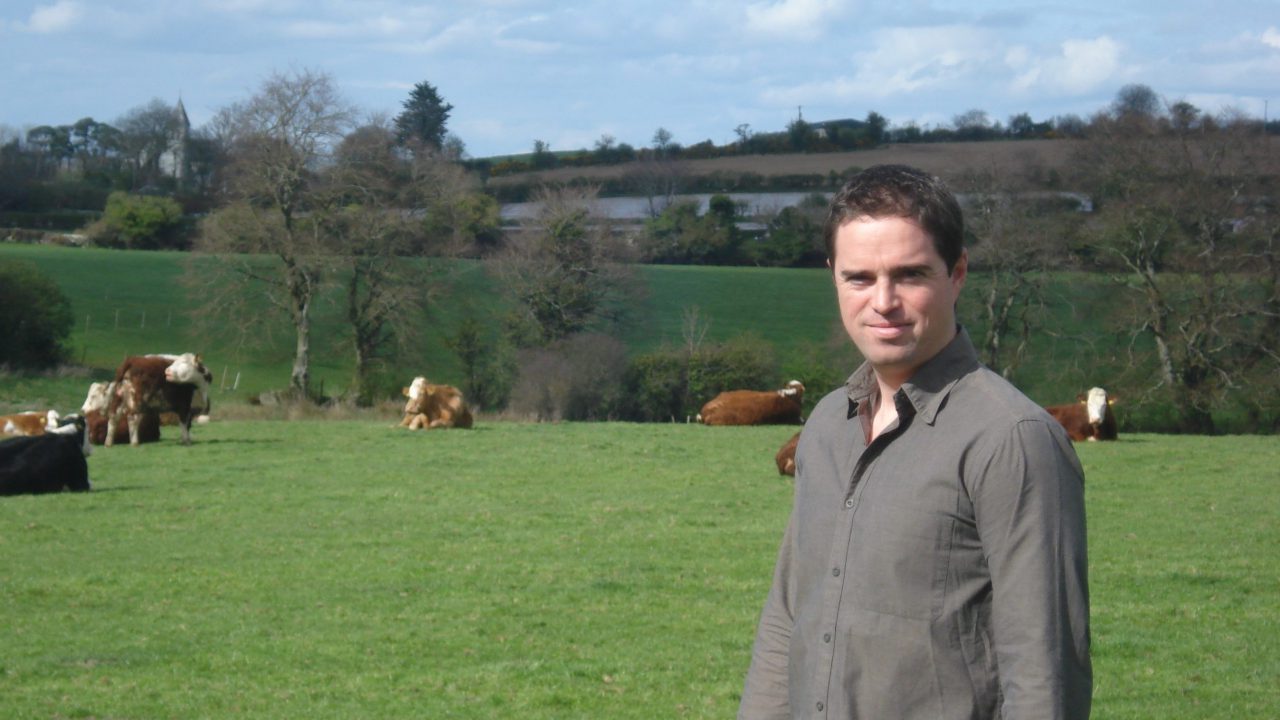The aim of this latest instalment of the Department of Agriculture, Food and the Marine’s Farm Safety campaign, is to create awareness among farmers that if they are feeling under pressure or their health or well-being is suffering for any reason, there is help available.
Research has found that farmers experience a disproportionate burden of health problems compared to other parts of the population.
Financial pressures and physical demands, particularly at this time of year when working for long hours alone, can have a significant effect on the well-being and mental health of many farmers.
For me, farmer mental health and well-being is inextricably linked to farm safety. A busy or distracted mind is a risk in the same way a crack manhole cover or broken power take-off (PTO) guard is.
Health, safety and well-being
Farming is the most dangerous occupation in terms of fatalities in the workplace accounting for an average of two in five of all work-place fatal incidents over the past decade. There are also an estimated 4,500 non-fatal incidents on Irish farms every year, some of which result in lifechanging injuries.
Improving health and well-being among the farming population will help us to reduce the number of fatal and non-fatal incidents.
We know that farmers are less likely to seek help for mental health difficulties than the general public. The first step is the most important and there are confidential, anonymous supports available to anyone that you might be concerned about including yourself, a family member or a friend.
If you are concerned, I urge you not to delay but call one of these support services or make contact with your family doctor.
Further information and helpline details are available at www.gov.ie/farmsafety.
Rural mental health campaign
In 2022, on the farm of Peter and Paula Hynes, I, alongside Ireland’s Dairy Industry, launched a rural mental health campaign by featuring the Samaritans helpline signage on milk tankers and agri-feed trucks.
Samaritans is one of several organisations providing invaluable supports to farmers and non-farmers experiencing poor mental health. Its 24-hour helpline provides emotional support to anyone experiencing distress, despair, or suicidal thoughts.
There are also other organisations which help people deal with stress and other mental health problems, some of which target the farming and rural community. These organisations include Embrace FARM, the Aware Support Line and Pieta.
Teagasc and Mental Health Ireland have also published Coping with the Pressures of Farming, which is a guide for you to map out how you will deal with the pressures. It provides information around well-being and useful coping strategies that can work at times of crises.
I am asking farmers and non-farmers alike to look out for each other and seek help and support if feeling overwhelmed or experiencing poor mental health. As is the case with every health issue, the road to recovery to full health begins with seeking help.
There are few professions as rewarding as agriculture so we must do all we can to ensure that it is safe and rewarding for farmers and their families.
